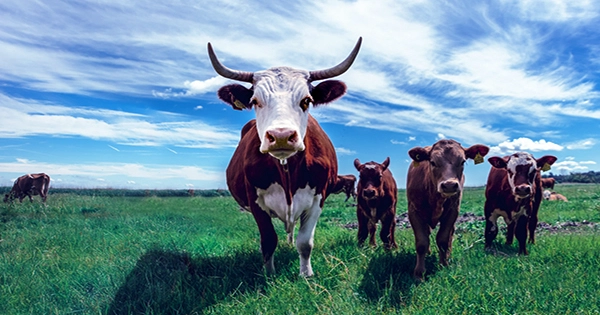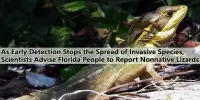You have to start somewhere. When Jayce Hafner and Sami Tellatin met as Stanford MBA classmates, they chose to start with grants because they shared the view that helping American farms function more efficiently is good for the country and profitable. For his part, Huffner grew up on a ranch in Virginia and personally knows how difficult and time-consuming it is to apply for a grant, even to improve his family’s sustainable farming strategies. Tellatin studied biological engineering as an undergraduate and worked with the USDA for three years, investigating farm economics. She also realized that if farmers had more grant options, they might make better decisions.
farm raised, a now 12-person, two-year-old San Diego, Calif.-based startup, has made significant success since the two teamed up with another co-founder, Albert Abedi, whom they met through Pear VC’s Palo Alto-based accelerator program. According to Hafner, the company has nearly 10,000 farms on the platform thanks to word of mouth, a dash of search engine magic, and, most importantly. Partnerships with agriculture behemoths like Cargill and Corteva (spun out of DuPont in 2018) that carbon emission reduction goals meet and have begun directing farmers to FarmRaise for assistance with low-carbon farming grants.
FarmRaise’s technology — which asks for granular farm insights before structuring the data in a way that allows FarmRaise to swiftly apply for a number of grant programs on behalf of its customers — has gained enough traction that investors have joined the conversation. Susa Ventures led a $7.2 million round of early funding for the team. Still, as with so many companies, Hafner believes that grants — both federal and private — are only the beginning for FarmRaise’s ambitions to become a very broad financial services company. Imagine, says Hafner, that if a farm has supplied most of its data to the company, FarmRaise may assist it in obtaining financing, obtaining bulk equipment, and assisting with tax preparation.
According to her, many of these services will be delivered by third companies, with FarmRaise earning finders’ fees. FarmRaise is not trying to invent anything new. However, she says, there’s no reason why farmers should not have access to a “full-stack” resource. In addition, other services can keep clients happy while they wait to hear whether they were awarded a grant, which can take anywhere from six to twelve months. Grants are “our wedge,” according to Hafner. “They aren’t the final chapter.”
In the meanwhile, FarmRaise is focusing on hiring more people, securing additional grants, and ensuring that its clients are satisfied with the services it presently offers, for which it charges a monthly membership plus 10% of the grant value. It is critical to get it right. Grants are a great opportunity, according to Hafner, because USDA money has “been expanding like crazy.” She cites the Trump administration’s distribution of “tens of billions of dollars” in aid to help farmers dealing with supply-chain disruptions caused by Covid.
“We’re seeing this great focus on raising the amount of the pie for conservation spending, and it’s likely tripling in the years to come,” FarmRaise said of the Biden administration. She suggests that it is just natural. “Not only does [sustainable farming] boost farm profitability, but it also helps to address climate change by sequestering carbon.” There is simply a slew of advantages that come with it.” Cendana Capital, Ulu Ventures, Pear, Better Tomorrow Ventures, Incite Ventures, and Financial Ventures Studio are among the other investors in the company’s seed round.
















